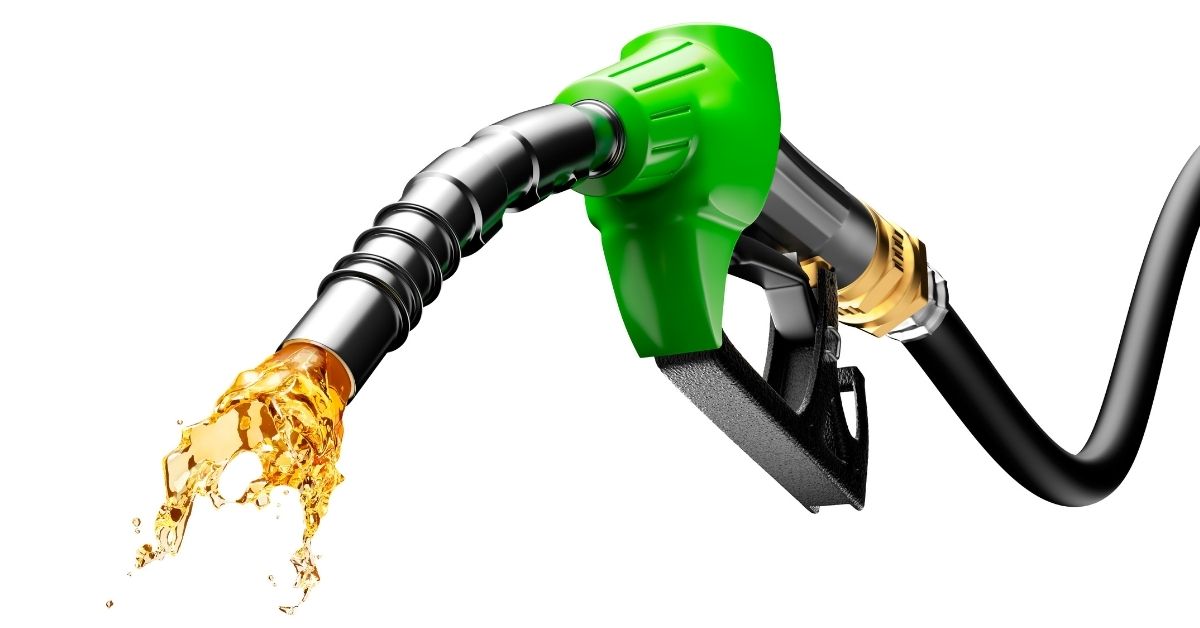What is HVO fuel?
Discover how renewable diesels can help you meet your organisation’s sustainability objectives. HVO Buying GuideTake the HVO readiness testI’m interested in HVO for
Discover HVO Diesel
Reduce your carbon footprint without compromising on performance.
HVO fuel is a low carbon, low emission, fossil-free and sustainable alternative to conventional fossil diesel. It is fully interchangeable with conventional diesel, and can be mixed at any percentage.
HVO is a fundamentally different fuel to biodiesel. As such, it doesn’t suffer from any of biodiesel’s associated issues.
Approved for use by
































What is HVO Fuel?
Here is our simple guide to HVO, how it’s produced and what makes Prema HVO different.



Is HVO is the right fit for your business?
Answer 8 questions and we’ll send you a personalised HVO readiness report.
Worried about manufacturer warranty?
Most manufacturers already support an instant switch from diesel to HVO.




Overcoming biodiesel's sustainability setbacks
Biodiesel has a tarnished reputation when it comes to sustainability, often with good reason. Discover why our next-gen HVO is something else entirely.
Understanding the costs of switching to HVO diesel
This fuel product is a drop-in replacement for Gasoil and other heating oils. That means no costly modifications or downtime.




The Buyers Guide to HVO Fuel [Free Ebook]
Get our comprehensive buyers guide to HVO straight to your inbox.
Ready to learn more?
We get that there is a lot to consider when changing your fuel provider. Our technical team are here to help every step of the way.
Diverse range of raw materials
HVO can be created from a wide variety of raw materials. The term “Vegetable Oil” in “Hydrotreated Vegetable Oil” originated from the last decade when only vegetable oils were used as feedstock.
Now, HVO can be produced from: used cooking oil; residue fat fractions from food, fish, and slaughterhouse industries; tall oil byproducts; and non-food grade crop-based vegetable oil fractions.
The HVO that we offer is purely derived from waste materials as this is highly sustainable and offers the lowest greenhouse gas emissions
Useful for all industries that use diesel
Because HVO fuel can be used as a drop-in replacement to diesel, its benefits can be experienced by almost every industry. The primary advantages are to all sectors that use diesel, from construction to haulage, distribution, aviation, and retail. The fuel can equally be used by industrial trucks and tankers, as well as boats and other similar vessels.
HVO renewable diesel can also be used in agriculture, especially in tractors and other machinery that normally run on diesel. The same is true for construction equipment and machinery; while the fuel can also be used to run commercial boilers, as well as in portable generators.
With all these benefits, it’s evident that switching to HVO could be one of the best decisions you’ll ever make for your organisation. HVO Fuel UK is here to help you with the transition.
Better for the environment
The most significant benefit of using biofuels like HVO is their renewability, which reduces the potential harm to the atmosphere compared to fossil fuels.
When fossil fuels are used, a considerable volume of greenhouse gas emissions is released. This is one of the biggest contributors to global warming. In contrast, the use of HVO fuels produces up to 90% less CO2 compared to fossil diesel.
Safer to humans
As well as greenhouse gases, fossil fuels also release a considerable volume of pollutants into the air, contributing to air pollution that negatively affects human health. Air pollution is known to cause respiratory and cardiovascular diseases.
Some of the most common diseases linked to air pollution include lung cancer, Parkinson’s disease, Alzheimer’s disease, and several other psychological and physiological conditions.
Cost-effective
There is a lot of demand for low-carbon energy options, but most of them require significant upfront capital expenditure (CAPEX). For instance, electric and hybrid generator sets are approximately three to five times more expensive than current equipment.
The use of HVO fuel in the UK is an excellent solution to this problem as it enables organisations to immediately and substantially reduce their greenhouse gas emissions without this large upfront CAPEX. It is also completely interchangeable with diesel, allowing many businesses to continue using their current assets and infrastructure.
While the operating expenditures (OPEX) involved in the HVO fuel price are greater compared to regular diesel, there is no major upfront CAPEX expenditure requirement.
Switching is easy
1. Schedule a Call
Schedule a call with us to help us to explore ways in which we may be able to help you.
2. Assessment & Advice
We will assess and advise if a specialist liquid fuel would provide you with the best fuel for your organisation’s specific application and goals.
3. Switch Fuel Supply
Our team will provide you with all the technical and engineering support to alleviate concerns about any disruption to operational performance.
Speak with our technical and commercial experts


Stephen Fletcher
Managing Director


Lucas
Technical Sales Manager


James Taylor
General Manager
I’m interested in HVO for
HVO Fuel FAQs
How do I transition to HVO Fuel?
The transition to using HVO diesel may sound complicated, but the truth is that it’s easier than most people think. It is a suitable drop-in replacement for both regular diesel or gasoil, and no modifications to existing equipment are required. Tank cleaning is also unnecessary as HVO can be blended into the tank at any ratio without any adverse effects on performance or reliability.
Early types of biodiesels known as Fatty Acid Methyl Esters (FAME) use oils and fats that contain methanol. These absorb moisture, which can have adverse effects over the long term. HVO, on the other hand, uses a different process: a two-stage hydrotreatment. The final product is as close to diesel as possible – and in some ways, even better.
HVO also has a significantly longer shelf-life than biodiesel and can be stored for up to 10 years.
But one of the best factors in switching to HVO is that this fuel can be safely blended with conventional diesel, offering you significant flexibility in terms both of your CO2 reduction and the HVO fuel cost. This also means that there is no time-consuming transition period needed.
There is no need to drain your fuel tank before filling it up with HVO; in fact, you can freely pour the fuel into your tank even if it still has diesel in it.
Call HVO Fuel UK now at 0114 400 0186, and let’s talk about how we can help you switch to a cleaner future.
Frequently Asked Questions
What is HVO in fuels?
HVO stands for Hydrotreated Vegetable Oil, which is a paraffinic bio-based liquid fuel. This fuel is a suitable low-carbon drop-in replacement to regular diesel. It can be used in conventional diesel engines, either in pure form or in combination with a petro-diesel.
Although “Vegetable Oil” is part of the name, the feedstock used in the production of HVO is not limited to vegetable oil.
Nowadays, HVO can be produced from used cooking oil, residual animal fat, tall oil byproducts, and non-food grade crop-based vegetable oil fractions.
The waste-derived HVO that we offer is the most sustainable type of HVO and it results in the lowest amount of greenhouse gas emissions.

